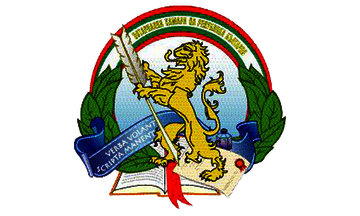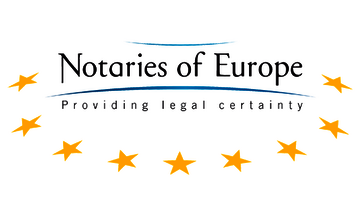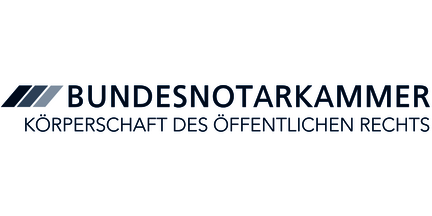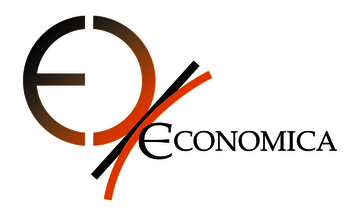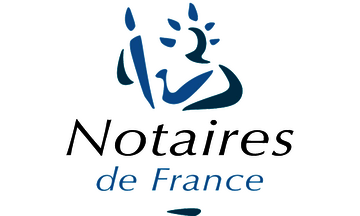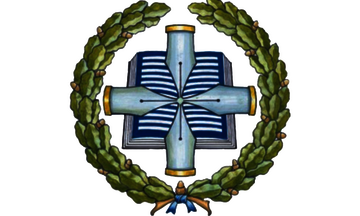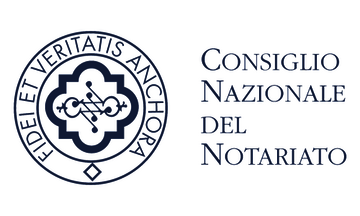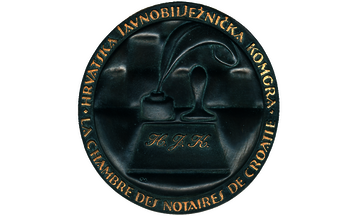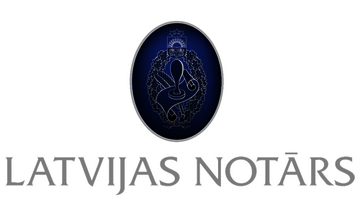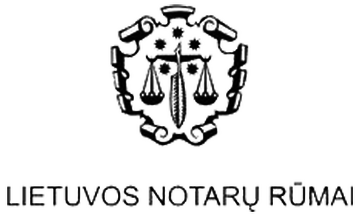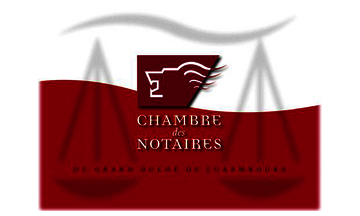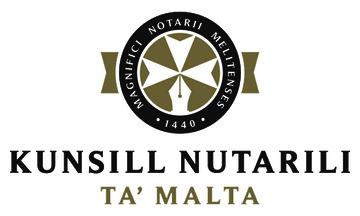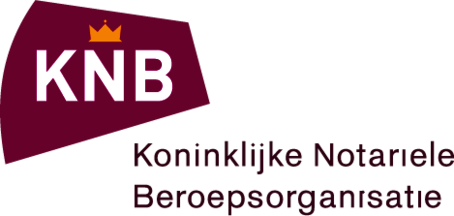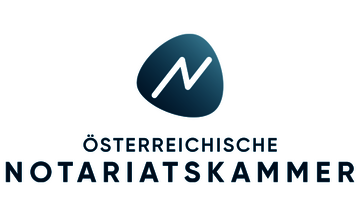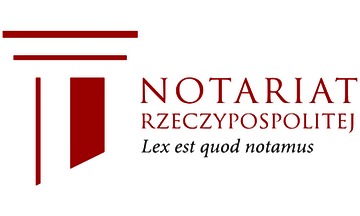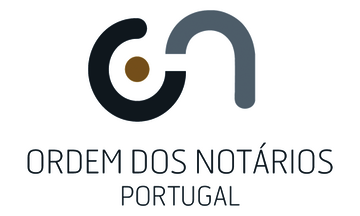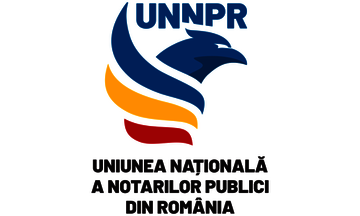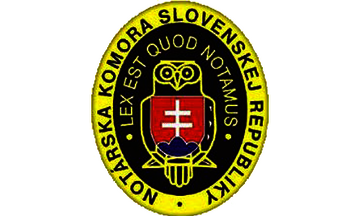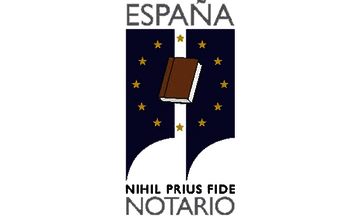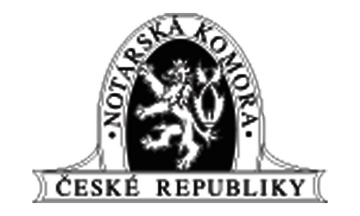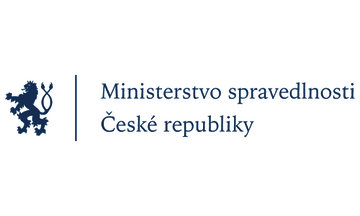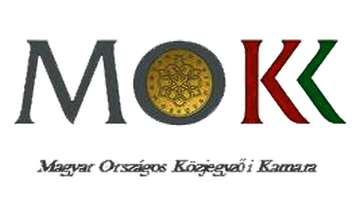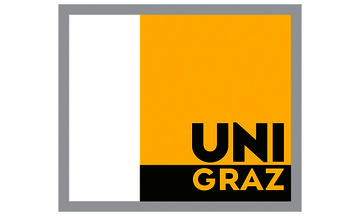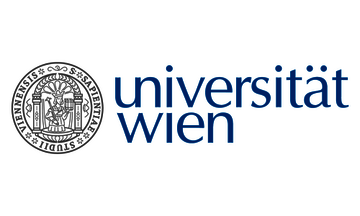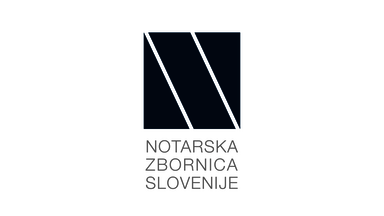Building Bridges
Justice Without Litigation II
Started in January 2025, “Justice Without Litigation II” (JuWiLi II) is an EU co-financed project under the EU Justice Programme 2021-2027 and will run for a duration of 24 months. Building upon the success of its predecessor JuWiLi I, JuWiLi II brings together 29 organisations from 22 EU Member States to further develop efficient solutions for non-contentious judicial procedures.
With a strong focus on optimising non-contentious procedures and exploring the further externalisation of civil justice tasks to public office holders such as notaries, the project aims to strengthen procedural standards and uphold the rule of law. It also seeks to develop strategies to relieve the burden on justice systems and ensure greater access to non-contentious proceedings for EU citizens.
Key areas of research include comparative law, rule of law standards, economic analysis, behavioural economic studies and digitalisation. By promoting efficient, accessible, and people-centred justice, JuWiLi II lays the foundation for more seamless, unbureaucratic and effective legal procedures, with a particular emphasis on succession and consensual divorce.
- Comparative law study on outsourced non-contentious court procedural standards, fundamental rights and the rule of law
- Economic study and Behavioural economics study
- Development of perspectives for outsourcing judicial tasks and procedures to notaries
- Conclusions on digitalisation and digital work-flow, including the use of AI
- Recommendations to the European and national legislators
- Expansion of the ENN online tool
The project addresses the current trend and increasing practice of the performance of judicial tasks by non-judicial authorities in the Member States (MS) of the European Union. This trend is supported by a fast-developing framework of national and EU legal instruments which have to function together for the benefit of EU citizens.
The project focusses on non-contentious justice in civil and commercial matters done by notaries. Indeed, it can be observed that a growing number of Member States is modernising their civil justice systems by transferring non-contentious tasks from the judiciary to other entities, notably notaries. Procedural standards and the rule of law have to be guaranteed. Thus, notaries being independent and impartial public office holders are increasingly entrusted with such tasks (e.g. in succession, family law, taking of evidence). National systems differ in tackling the issues of out-of-court justice by notaries. At cross-border level, such procedures need to be facilitated and their enforcement through better procedures and case-handling improved. This trend of externalised justice is only partially reflected by EU civil justice instruments. Building on the results of a first JuWiLi project, this project extends and deepens the analysis by including 22 Member States which exhibit considerably different approaches to extra-court justice than those examined in JuWiLi I. By a systematic data collection, a comparative legal analysis, and identification of common minimum procedural standards, the project will enhance trust and build bridges between these different justice systems of the Member States.
In line with the 2023 OECD Recommendation on Access to Justice and People-Centered Justice Systems and by pursuing the objective of making national and EU justice systems more modern, effective and better accessible to citizens, the legal study will be accompanied by a multi-method economic study examining the potential economic welfare advantages of outsourcing non-contentious judicial procedures from courts to other authorities (such as to notaries), i.e. potential benefits for states, tax-payers and the general public. As most innovative part of the economic analysis, a behavioral economics study will identify the motivation of people to choose either court or notary services for non-contentious procedures.
Detailed policy recommendations for the EU and national legislatures will formulated as a final project result.
It will, additionally, contribute to improving the daily cross-border cooperation and case-handling between notaries in the EU by promoting the development of CNUE's European Notarial Network.

Short Facts
- Project duration: 24 months
- Target group: 50 000 notaries in the EU
- 22 EU Member States
- 29 Project partner organisations
- 2 Partner Universities: Vienna and Graz
- 5 public & semi-public events: Berlin, Ljubljana, Rome, Zagreb, Brussels
- 2 Working groups & 3 Task forces
- 1 ENN Online platform extension for mutual assistance
Heads of the project
The leading team


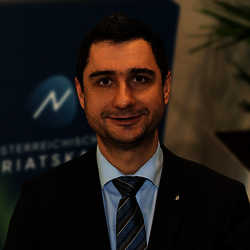

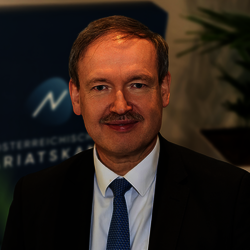

 Alice PerschaChair of the Working Group “Legal”
Alice PerschaChair of the Working Group “Legal”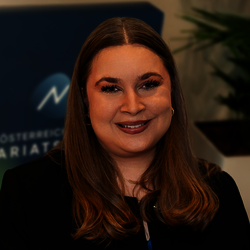 Berenika WünschováChair of the Working Group “Economic”
Berenika WünschováChair of the Working Group “Economic”










